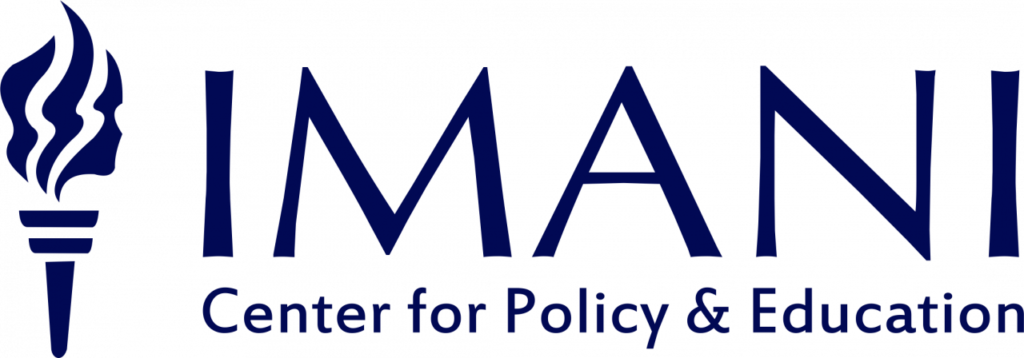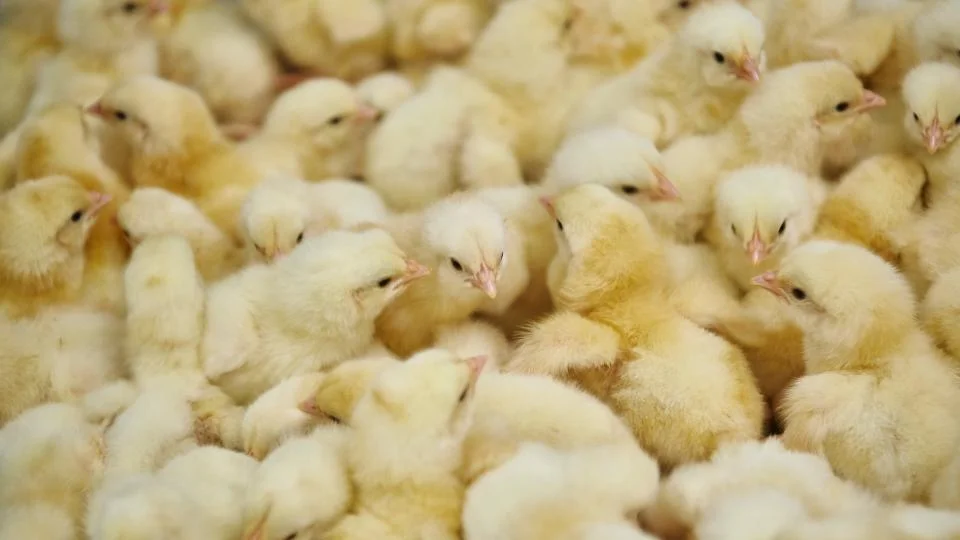Policy think tank, IMANI Africa, has cautioned that Ghana’s ambitious Nkoko Nkitinkiti Programme could fall short of its objectives if the government fails to match poultry production with adequate processing and cold-chain infrastructure.
The programme, which is expected to launch in October 2025 under the Mahama administration, aims to distribute three million birds nationwide to stimulate domestic poultry production and reduce heavy import dependence.
According to IMANI Africa, Ghana currently imports more than 80 percent of its poultry, costing the country over $300 million annually. The think tank noted that while the government’s initiative is a major step toward import substitution, its success depends on whether the output can be efficiently processed, stored, and marketed.
“Large-scale poultry production must go hand in hand with processing and cold-chain infrastructure. Without processing capacity, the increased output risks going to waste, prices could fluctuate wildly, and the broader goal of building a sustainable poultry sector would be undermined”
IMANI Africa
Farmers across the country have begun expressing concern about the absence of clear coordination between production targets and market pathways. President of the Greater Accra Poultry Farmers Association, Kwame Anim Somuah, said stakeholders are awaiting updates from the government on how farmer associations can align their operations with the upcoming programme.

“What we are asking for is an update to farmer associations so we can plan accordingly. For instance, if I raise my birds now, in less than two months, they’ll be ready. But the question is, when they are fully matured, where do I take them?”
Kwame Anim Somuah, President of the Greater Accra Poultry Farmers Association
His comments reflect a growing anxiety among poultry producers who fear that, without processing or cold-chain facilities, the surge in production could lead to “significant post-harvest losses.” Farmers insist that the government’s support must extend beyond distributing birds to creating the infrastructure that allows them to “convert production into value.”
A Sustainable Poultry Ecosystem
IMANI Africa emphasized that the challenge is not merely about producing more birds but about creating a sustainable ecosystem that integrates production, processing, and distribution.
The think tank explained that proper processing is essential for ensuring consistent quality, expanding access to urban markets, and maintaining stable prices. “To maximize impact, the government must ensure that processing plants, cold storage, and distribution networks are scaled alongside bird production,” IMANI noted.
The analysis highlighted that such integration could also generate broader economic benefits. An effective poultry value chain, IMANI said, would stimulate demand for maize and soybean feed, strengthen linkages with agro-processing industries, and create jobs across farming, packaging, logistics, and retail.

The think tank’s position aligns with calls from agricultural experts who argue that Ghana’s industrial transformation cannot rely on raw production alone. By developing local processing capacity, the country could move up the value chain, capture more domestic value, and improve food security.
Industrial Growth
IMANI Africa warned that producing millions of birds without parallel investment in industrial-scale processing would undermine the programme’s economic rationale. It compared such a scenario to “building a factory with no power to run the machines.”
The group maintained that every bird produced must have a defined market pathway, while every processing facility must receive sufficient supply to remain viable. This balance, IMANI stressed, would determine whether the Nkoko Nkitinkiti Programme delivers its promise of import substitution, industrialization, and job creation.
The think tank’s report, called for a deliberate policy framework that ensures production and processing grow together. It urged the government to consider long-term sustainability by prioritizing investment in processing plants and cold-chain systems before scaling up poultry numbers.
IMANI concluded that Ghana’s poultry sector holds immense potential to contribute to national development if managed strategically. However, it warned that focusing solely on bird production without the necessary infrastructure would repeat past mistakes of fragmented agricultural planning.

“For Ghana to truly reduce poultry imports, strengthen food security, and create sustainable jobs, production and processing must grow together,” IMANI stated.
READ ALSO: Over GH¢39 Million Worth of Shares Change Hands in Explosive Trading Session



















